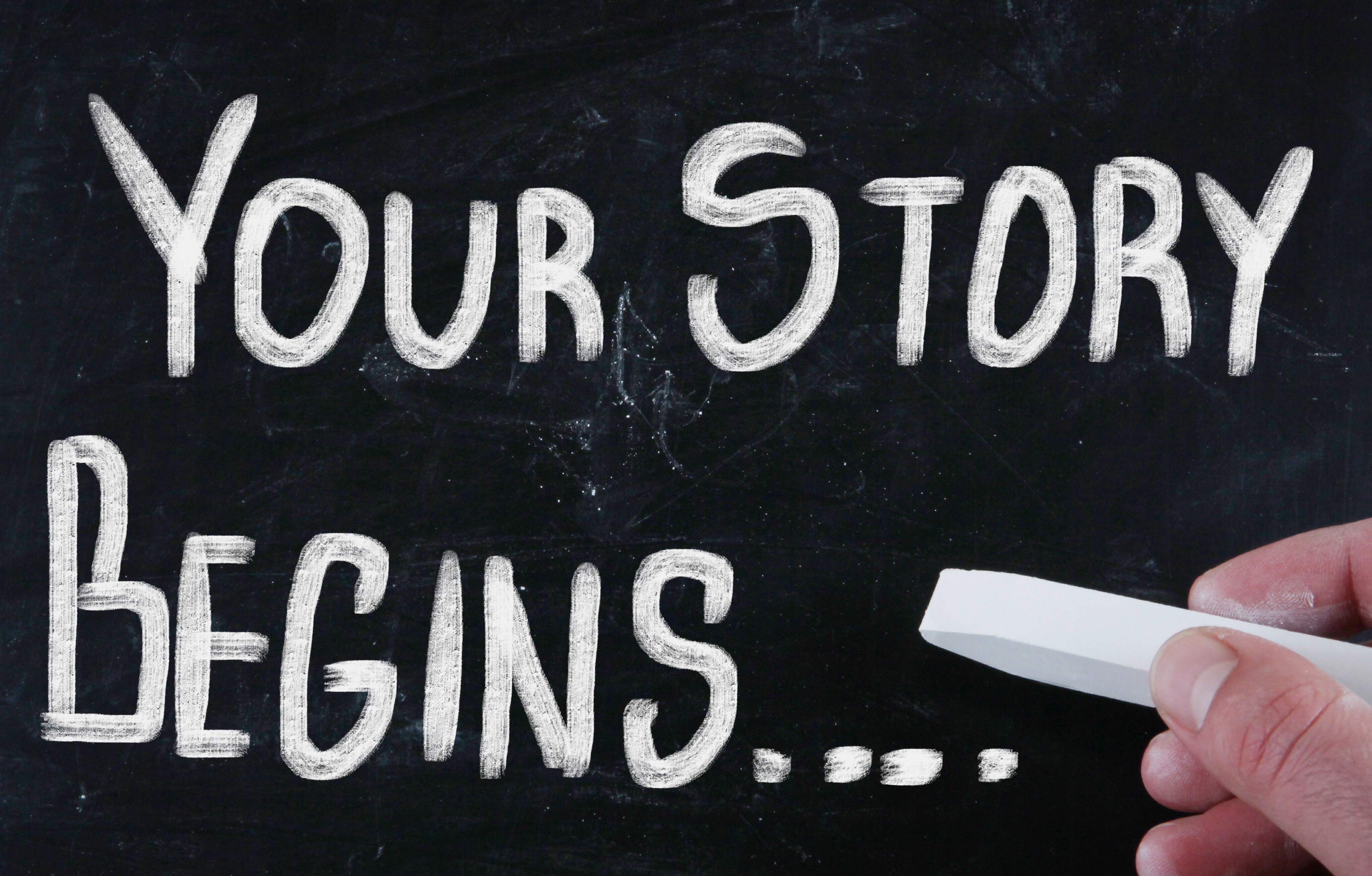
I had a conversation yesterday with someone who is new to coaching, and wanted to understand the process. She was understandably nervous, and worried that the process might feel a bit like seeing a psychologist, having to air all her dirty laundry in public. She also wanted to know — “Will it work? Will I be changed by this? Will my behaviour be changed by this? Will you be playing around in my head??”
Ultimately, she wanted to know — can I really change? Can you help me with that?
They are all good questions, and it is quite natural for someone to be anxious about a process that they have not been through before. I welcomed the opportunity to talk to her about what she could expect about the process, because often people have unrealistic expectations of what a coaching relationship will be about. Discontent or frustration with the process can arise when there is a lack of clarity around the process and the role that the coach and coachee plays.
Tips for a positive coaching experience
So, some tips around what makes for a successful coaching experience:
- The person being coached has to actively want to be part of the process. This seems obvious yes? But, too many times, people are “told” that they have to go through a process and are they are reluctant participants from the start.
- Coaching is primarily an opportunity for an individual to work through areas that they want to develop with someone that is neutral, and can guide them through a process to find their own answers and solutions. The coach isn’t there to provide the answers or to give advice, but rather to work with the individual around the best solution for them. Being clear on the respective roles and process up front is important.
- There are times that the coach/coachee match doesn’t work; there’s a clash of personalities or some other clash. Being mindful of the connection is critical. Persevering with a relationship that isn’t working doesn’t do either party any good.
- Checking in on a regular basis is important. Is there progress? Can the coachee see that they are changing, moving, progressing? If not, why not? Does something in the coaching process need to change or is it something else?
- Change can be hard, particularly deep seated change. It won’t happen overnight — and it can take practice, a few failures along the way, and trying different approaches. Having a coach won’t “magic” up change — the change still needs to come from the coachee and with hard work. What a coach does provide though, is a safe environment to practice, to celebrate the successes and to put the “failures” in perspective.
So back to my conversation yesterday. Can she change? Can her behaviour change? Yes, there is no reason why not. I’ve spoken before about how to change your life and the desire to do so, followed by getting the tools necessary to make the change are key aspects of making any sustainable change.
Until next week, happy reading


